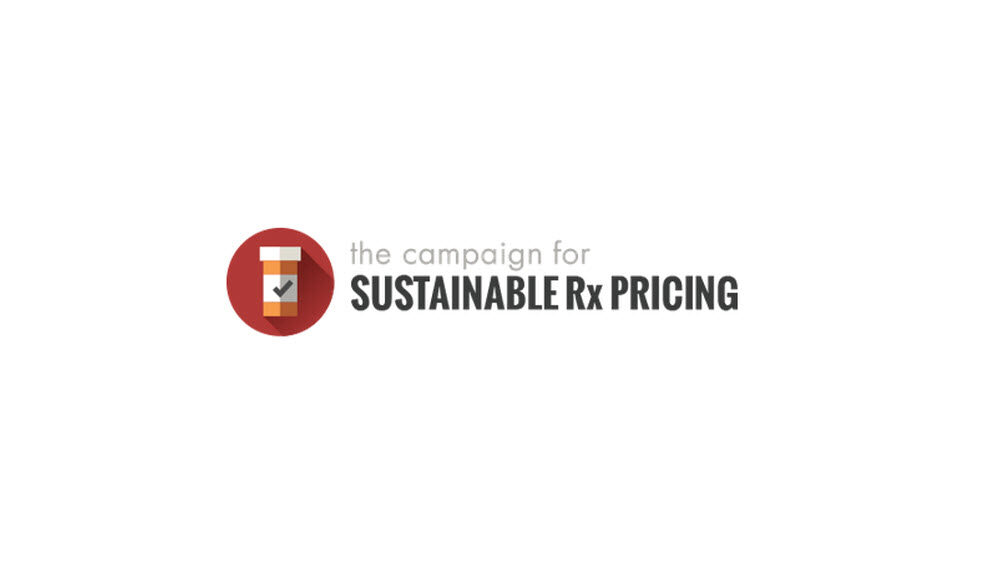© 2025 CSRXP- All Rights Reserved

High Cost Drugs Threaten the Sustainability of Medicare
Jul 30, 2015
High Cost Drugs Threaten the Sustainability of Medicare
By John Rother
July 30, 2015
This is an important time to think about the future of programs and policies that support us as we age. Medicare marks its 50th Anniversary at the end of July. I’ve been around to witness much of the creation and evolution of health policy. After a 40-year career in Aging and Health Policy, first in the Senate, then at AARP, and now as head of the National Coalition on Health Care, I have a few observations about where things stand.
We are in the midst of a demographic transition to an aging society, led by the 10,000 Boomers who turn 65 each day. When they are all past that mark, Medicare enrollment will be twice as large as it was in 2010. Longevity is increasing rapidly, holding with it the promise that we will have more good “retirement” years to come. And the image of older persons is moving away from frailty and incapacity to a recognition that most of us will have the ability to continue to lead interesting and productive lives, and to contribute to social good, for many years.
Financial preparedness has changed, as most private sector retirement programs have shifted away from defined benefit pensions to defined contribution savings plans that put the risk of longevity and long term health expenses on individual retirees. Health care and health costs are now the dominant concern of older Americans, as medical care inflation has greatly outpaced general inflation and as more people experience multiple chronic conditions (high blood pressure, arthritis, diabetes, etc.) that account for the majority of health care spending. In addition, many of those under 65 are now enrolled in high-deductible health insurance plans that trade lower premiums for higher out-of-pocket costs when care is needed.
All of these trends make Medicare an increasingly important program, both for the fulfillment of our social contract and from a federal budgetary perspective. Medicare is also more than a social insurance program; it is a leader in health delivery system reform to promote greater value-based reimbursement, with Medicare Advantage as a prime example of paying for quality. Medicare’s focus on value is understandable given the serious financial challenges that confront Medicare in the years ahead. However, if Medicare is going to survive and prosper for another fifty years then we are going to have to be even more aggressive in seeking out value and addressing emerging threats to the sustainability of the program.
Perhaps the most worrisome threat is a relatively new one – the extraordinarily high prices of new specialty pharmaceuticals. Last year the new Hepatitis C drug, Sovaldi, was introduced with the price of $1000/pill for a course of treatment that could easily cost more than $100,000 per patient when combined with other required therapies. With over 3 million Americans carrying the Hepatitis C virus, this medication alone could bankrupt many health programs. This year a range of new drugs are being introduced with similarly high price tags – in some cases for therapies that promise only modest improvements in health. New cancer therapies are being introduced with prices so high that leading oncologists are concerned that their patients are foregoing treatment and that high drug costs are threatening the ability to sustain support for other needed care. New drugs for widespread conditions, like high cholesterol and diabetes are coming in with price tags in the tens of thousands. Drug costs that were once outliers, confined only to very small populations, are now routine.
In response to this challenge, the National Coalition on Health Care, a broad-based health care stakeholder organization, founded the Campaign for Sustainable Rx Pricing to try to engage the pharmaceutical industry and other healthcare stakeholders in discussions about how to address this threat. Unfortunately, the response from the industry trade group, PhRMA, has merely been to reiterate their insistence that drug companies must be allowed to price however they see fit because of the expense of developing new medicines. As pharmaceutical profits rise and health care budgets are strained that logic wears exceedingly thin.
If the promise of greater longevity – the promise of a good life in our older years – is to be realized and paid for then we must hold every stakeholder in our health care system to account and insist on objective standards by which they can be measured.
Policymakers looking for a suitable golden anniversary present for Medicare would be wise to look at policies that strengthen our ability to assess value, provide insight into pricing practices, and ensure that the market for pharmaceuticals actually operates as a competitive market.
John Rother is president of the National Coalition on Health Care and leader of the Campaign for Sustainable Rx Pricing
